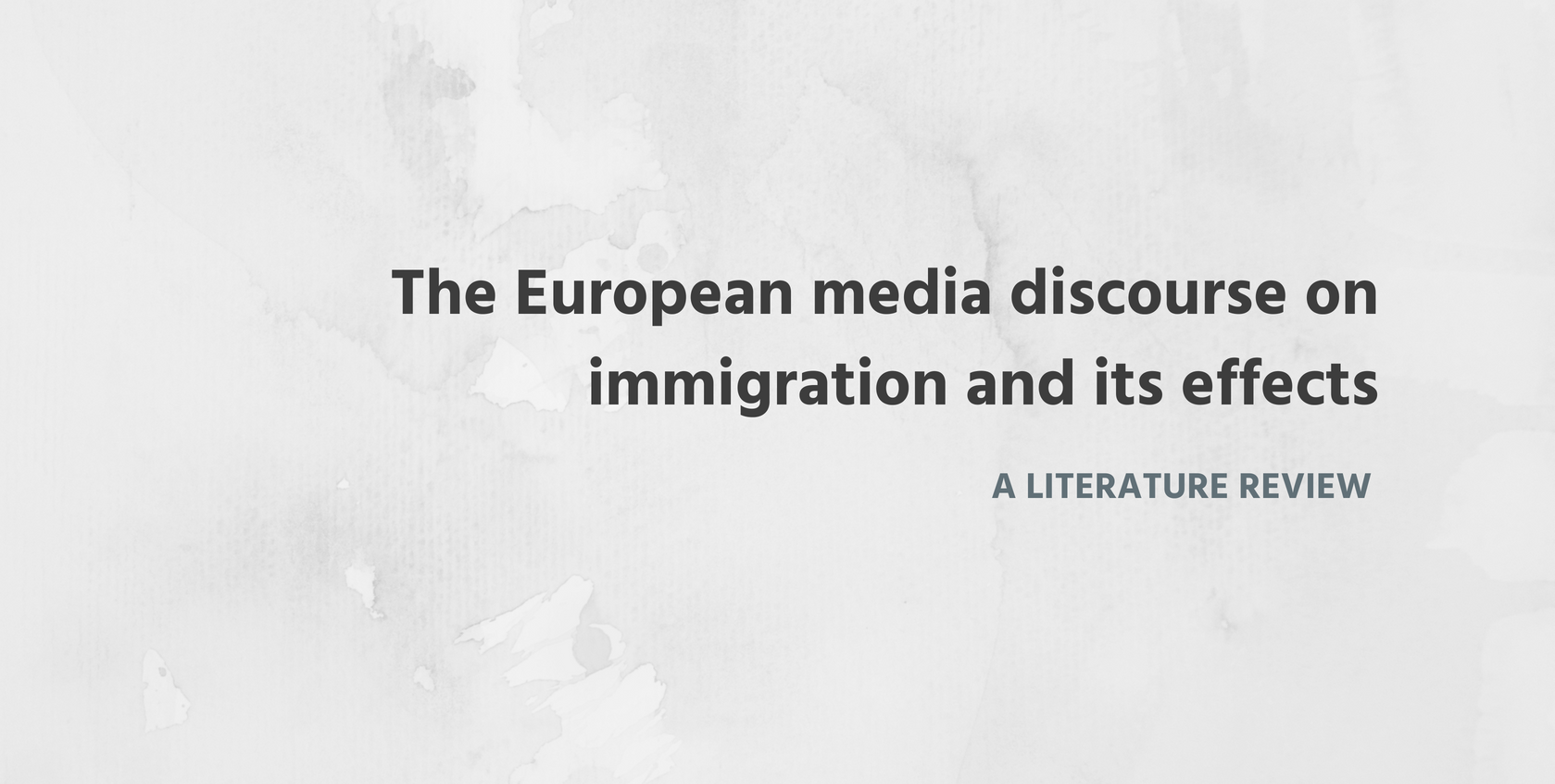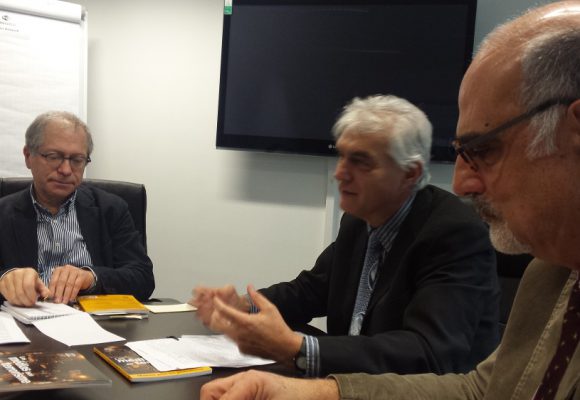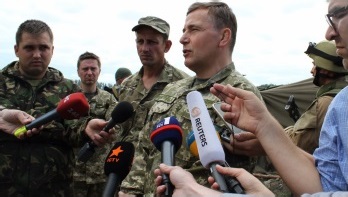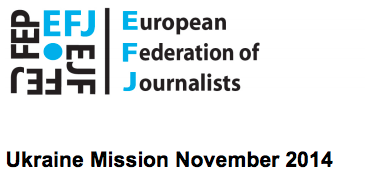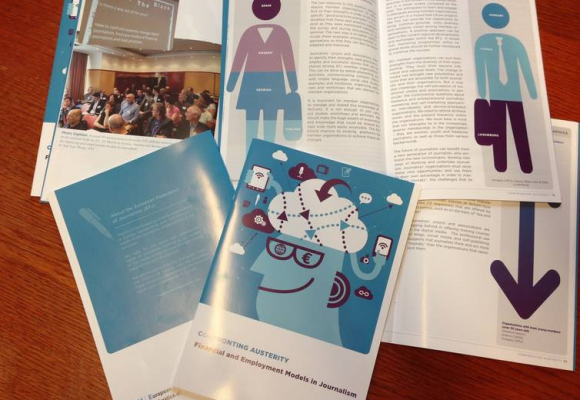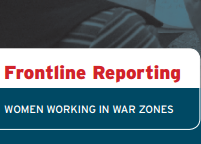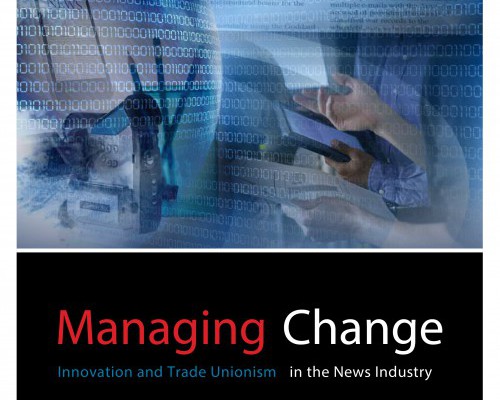Migrants and ethnic minorities are underrepresented in media
A collaboration of a team of media scholars, Jakob-Moritz Eberla, Christine E. Meltzerb, Tobias Heidenreicha, Beatrice Herreroc, Nora Theorind, Fabienne Linda, Rosa Berganzac, Hajo G. Boomgaardena, Christian Schemerb, and Jesper Strömbäckd, resulted in a publication “European media discourse on migration and its effects: a literature review“, which sets to explore the landscape of media research covering the media discourse on immigration and its effects across Europe. The literature review addresses a general problem of under-representation and depicting migrants as delinquents or criminals. Although, media framing differs for specific migrant groups and used discourses, immigration coverage is often negative and conflict-centered, the publication shows. Repetitive exposure to negative messages on migrants leads to…

